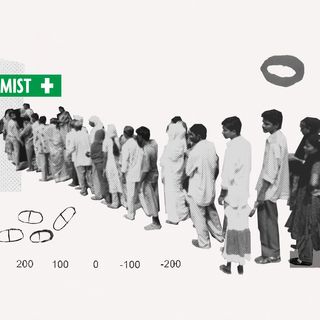In the midst of the global Covid19 pandemic, studies are being conducted on whether smoking or vaping makes individuals more vulnerable to the novel coronavirus. While researchers are yet to establish a direct correlation between smoking and susceptibility to the virus, experts are saying that decreased lung capacity caused by smoking can certainly make the infection more severe in patients.
“…The research community should be alert to the possibility that [Covid19] could hit some populations with substance use disorders particularly hard,” wrote Dr. Nora Volkow, Director of the National Institute on Drug Abuse in the U.S. She added that because Covid19 attacks the lungs, the coronavirus could be an especially serious threat to those who smoke or vape. The odds of a Covid19 infection becoming more severe, to the extent of causing death, at worst, were 14 times higher among people with history of smoking, concluded a study published in Chinese Medical Journal.
On the risks associated with vaping, Dr. Volkow commented, “…exposure to aerosols from e-cigarettes harms the cells of the lung and diminishes the ability to respond to infection.” “Vaping affects your lungs at every level. It affects the immune function in your nasal cavity by affecting cilia which push foreign things out…[T]he ability of your upper airways to clear viruses is compromised,” Dr. Stanton A. Glantz, Director of the Center for Tobacco Research Control and Education at the University of California, San Francisco, told CNN.
Related on The Swaddle:
In Joint Families, Social Distancing Isn’t Only About Limiting Contact With Outsiders
Experts believe that respiratory infections like Covid19 are likely to have a greater impact even on city-dwellers, who are exposed to long-standing air pollution or toxic fumes. “Patients with chronic lung and heart conditions caused or worsened by long-term exposure to air pollution are less able to fight off lung infections and more likely to die. This is likely also the case for Covid19,” Sara De Matteis, Associate Professor at the Department of Medical Science and Public Health at Cagliari University, Italy, and a member of the Environmental Health Committee of the European Respiratory Society told The Guardian.
These are anxious times. “I understand people turn to things because it’s a coping mechanism, especially at stressful times. I would say to them — try and flex other coping muscles, there is a real opportunity to break routines,” Dr. J. Taylor Hays, Director of the Nicotine Dependence Center at Mayo Clinic in Rochester, Minnesota and Professor of Medicine, Mayo Clinic College of Medicine, told Forbes.
Adding that people who quit for even a short time see an improvement in lung health quite quickly, Dr. Hays urged people to use this time of crisis as an opportunity to quit.




